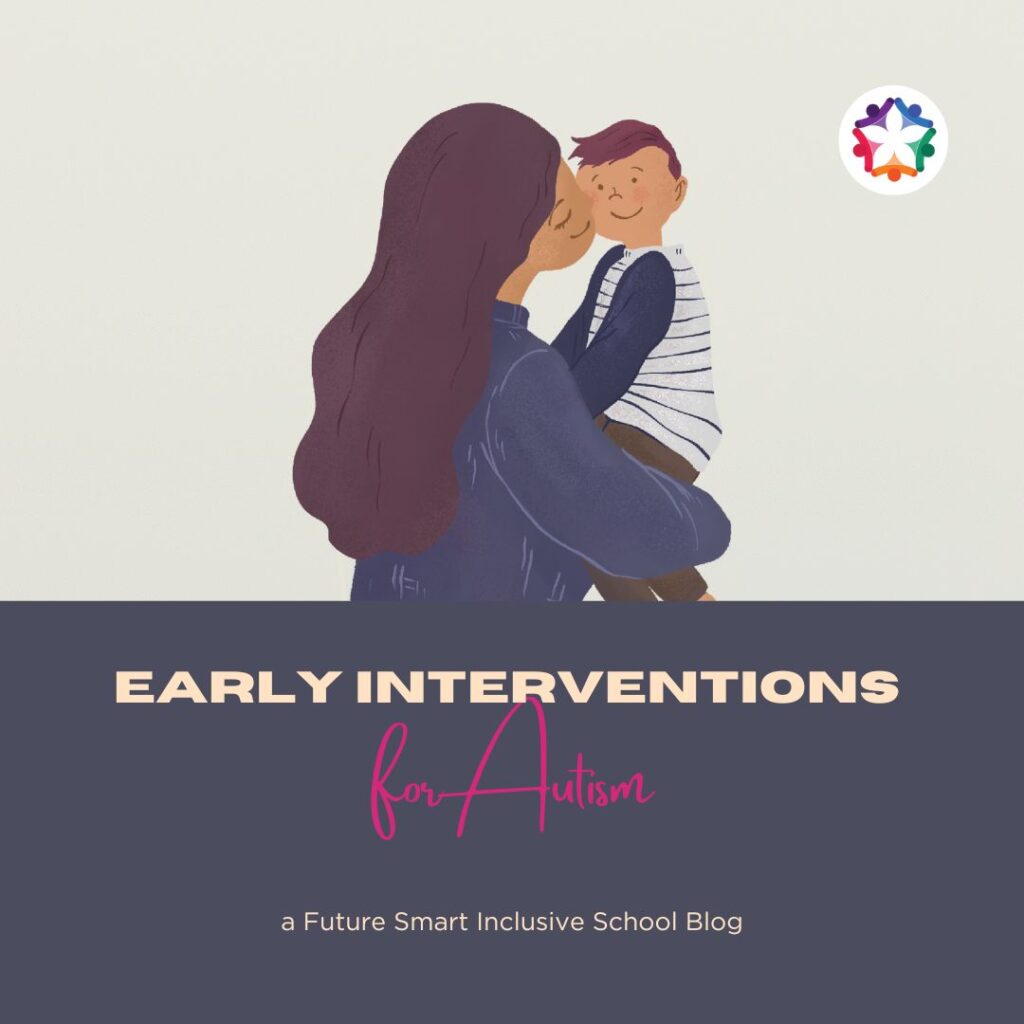Early Interventions for Autism

Autism is a neurodevelopmental disorder that affects communication, social interaction, and behaviour. Early intervention is crucial for positive outcomes for children with autism by providing them with the skills and support they need to thrive in the world. In this article, we will explore the importance of early interventions for autism and different approaches to it.
The Importance of Early Interventions for Autism
Research has shown that early identification and intervention can significantly improve outcomes for children with autism. Early interventions can help children develop critical skills such as communication, socialization, and behaviour. These interventions can also provide families with the support they need to navigate the challenges of living with autism.
Several screening tools have been developed to identify autism in children as young as 18 months. These tools include the Modified Checklist for Autism in Toddlers (M-CHAT) and the Early Screening for Autism and Communication Disorders (ESAC). But, parents should be aware that these are tools for screening. A diagnosis can be conducted by certified professionals qualified to run gold standard diagnostic tests such as ADOS-2 or ADI-R.
Approaches for Early Interventions
Some early interventions for autism include:
- Applied Behavior Analysis (ABA)
- Naturalistic Developmental Behavioral Interventions (NDBI)
- Early Start Denver Model (ESDM)
- Family-Centered Interventions
However, in this article we will talk in-depth about ABA as in early intervention approach.
Applied Behavior Analysis
Applied Behavior Analysis (ABA) uses positive reinforcement to teach skills and behaviours. ABA is based on the principles of behaviourism. It is a very flexible approach and may be adapted to meet the unique needs of each person. It focuses on shaping behaviour through repeated practice and reinforcement.
ABA therapy is based on the principles of behaviourism. It employs positive reinforcement to teach new behaviours and skills. The approach has been designed to target specific areas in skills. These include communication, socialization, and behaviour. Additionally, the goal is to reinforce positive behaviours while cutting down negative ones.
Advantages
ABA therapy is an evidence-based approach. This is one of its key advantages. This approach has been extensively researched, and in the process it has demonstrated effectiveness in promoting positive outcomes for autistic children. The National Autism Center (in the US) is of the opinion that ABA therapy is one of the few interventions with strong evidence that proves its effectiveness.
ABA is a highly individualized treatment therapy. It is tailored to meet the specific needs of each child. Because of this, individualized goals can be created for each child. Therapy sessions are enjoyable and engaging for the child. Simultaneously, they provide opportunities to learn and practice new skills. Yet another great thing about ABA is that it can be delivered in different settings. It is flexible enough to be adapted to school, home and other settings. This allows parents to choose the setting that works best for their child’s needs.
Another benefit of ABA therapy is that it makes room for parent training. This helps parents and caregivers learn to reinforce positive behaviours and support their child’s progress. The inclusion of parents and caregivers in the therapy process can empower and equip families to support their child’s development.
Effectiveness
The effectiveness of ABA therapy is supported by numerous studies. Research has revealed that children who received ABA therapy made significant progress in areas of behaviour, communication and development of social skills, when compared against a set of children who did not undergo ABA therapy. The study also shed light on the fact that the progress was greter if therapy began at an earlier age.
The approach has also been effective in enhancing academic skills in autistic children. A study published in the Journal of Autism and Developmental Disorders revealed that ABA therapy had led to children improving literacy and numeracy skills, compared to those who did not receive ABA therapy.
There are many long-term benefits of ABA therapy, too. A study published in the Journal of Applied Behavior Analysis discovered that children who received ABA therapy showed remarkable improvements in their social skills as well as adaptive behaviour. Moreover, they were able to maintain these improvements over time
Conclusion
Early interventions are critically important for children with autism as they enable kids to reach their full potential. Within this realm, there are several approaches. Applied Behavior Analysis therapy is a highly effective and evidence-based treatment option for improving important skills in children, including behaviour, communication, social and even academic skills. Moreover, the approach is customized and tailor-made for each child to meet their specific needs. It has great room for flexibility and can be delivered in any setting: home, school or clinic. Another aspect is its inclusion of parents and families, which allows them to support the learning journey of their child with special needs. Early interventions such as ABA therapy support children with autism to thrive and achieve their goals.




[…] highlight the importance of early intervention. Previously, we’ve covered this in our blog. They show that children who receive intervention before the age of 3 have shown significant […]